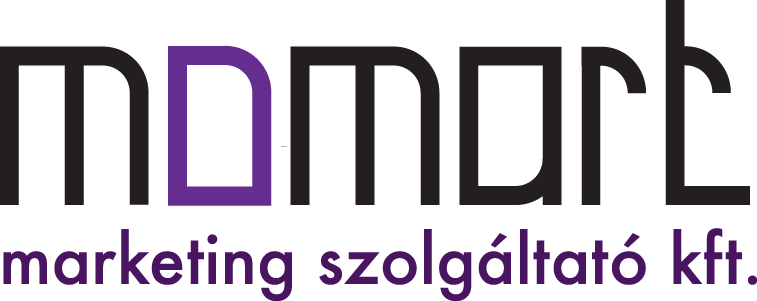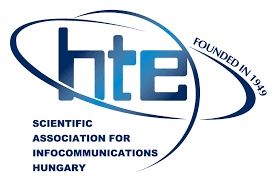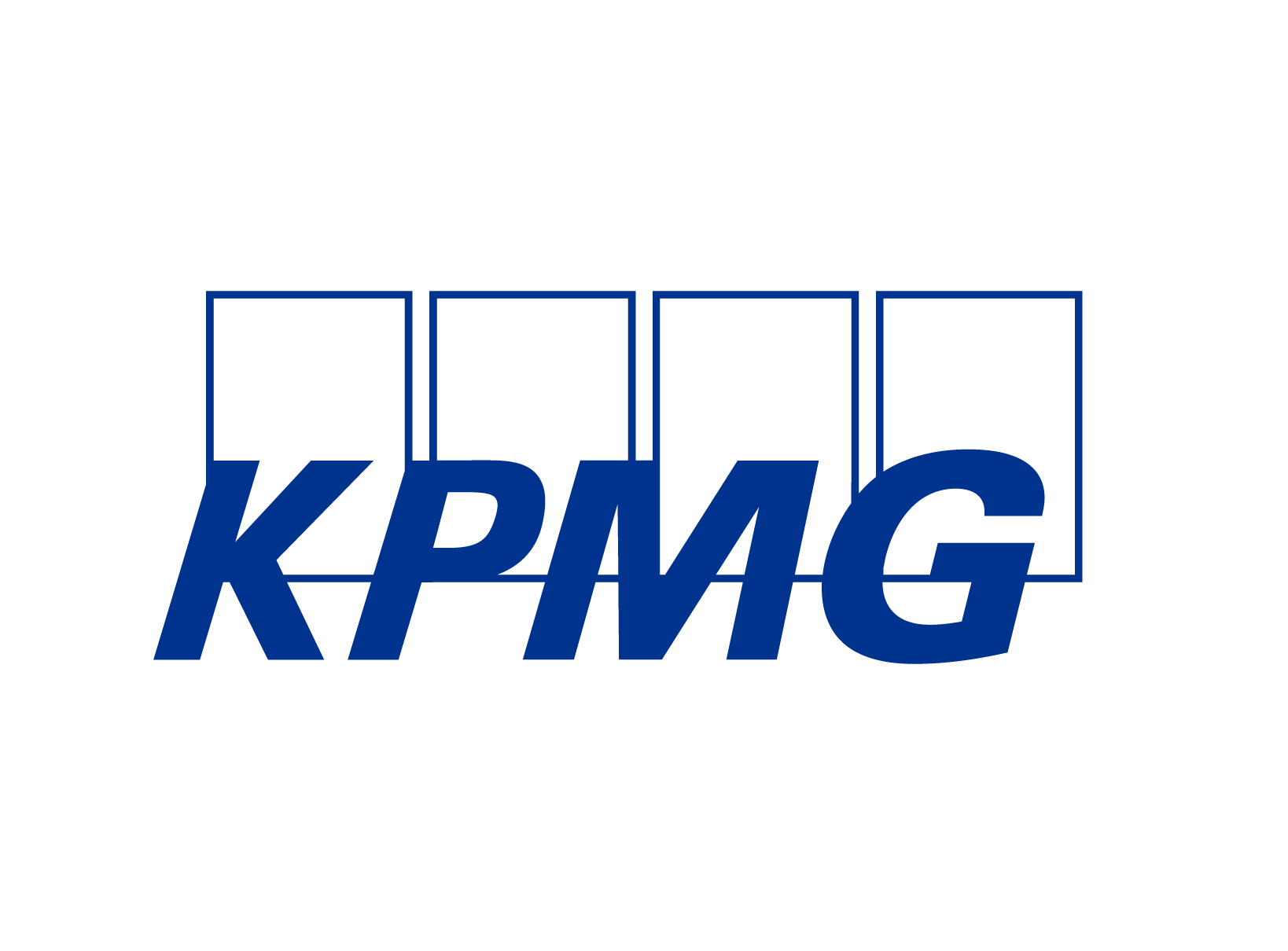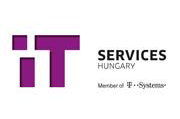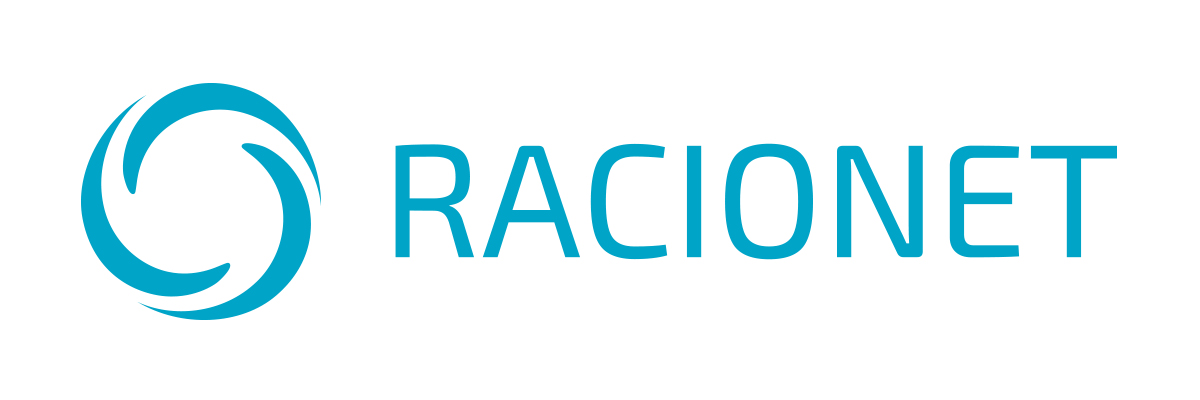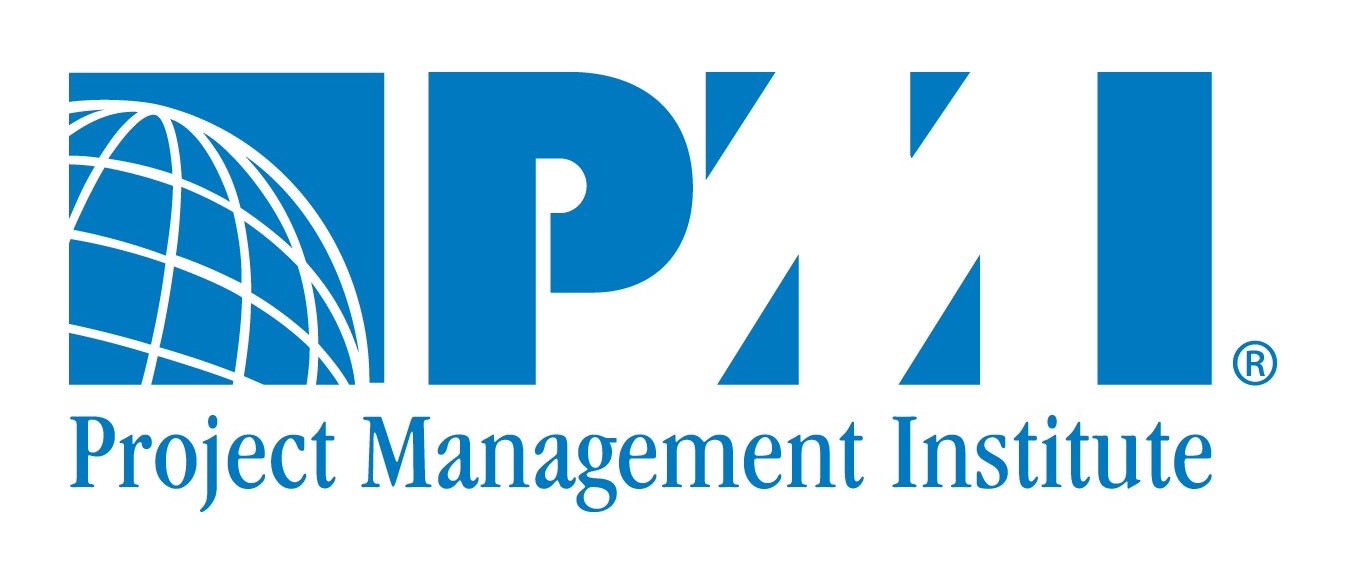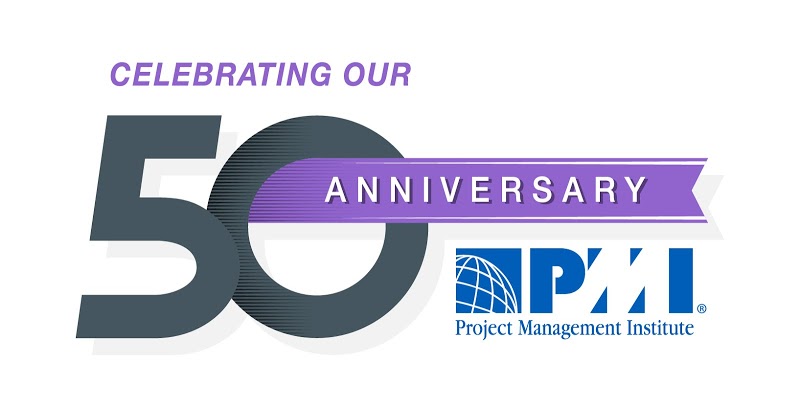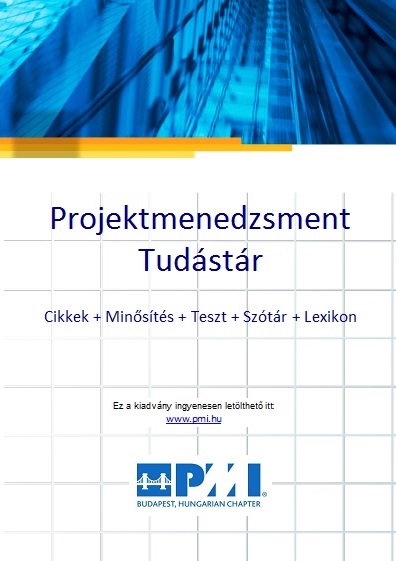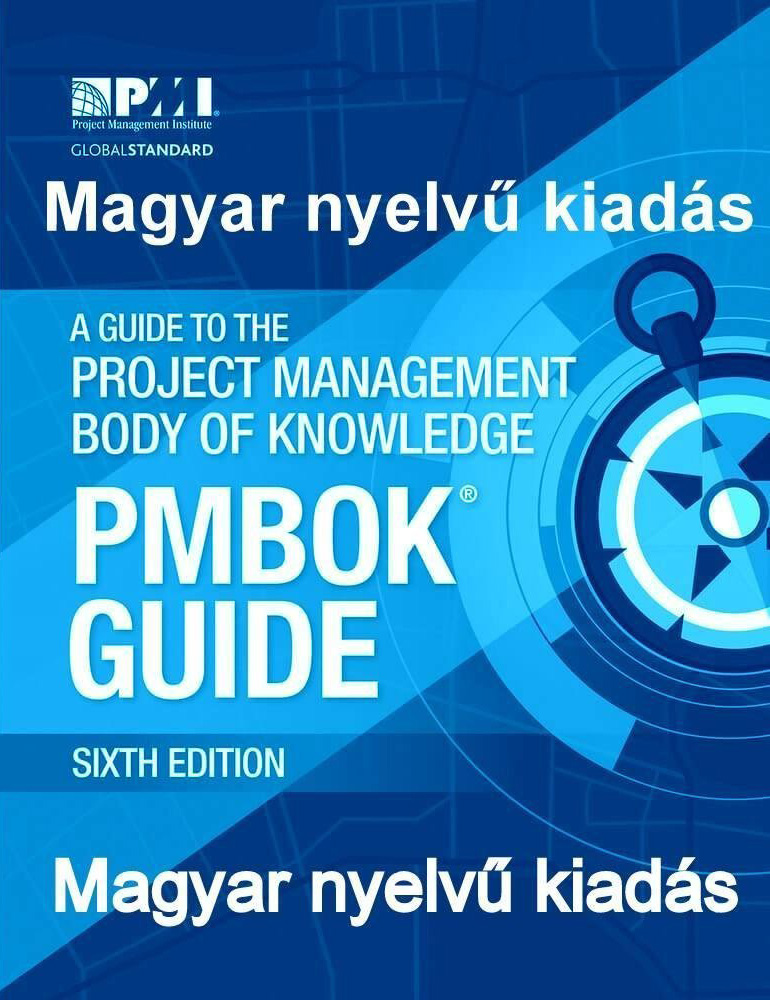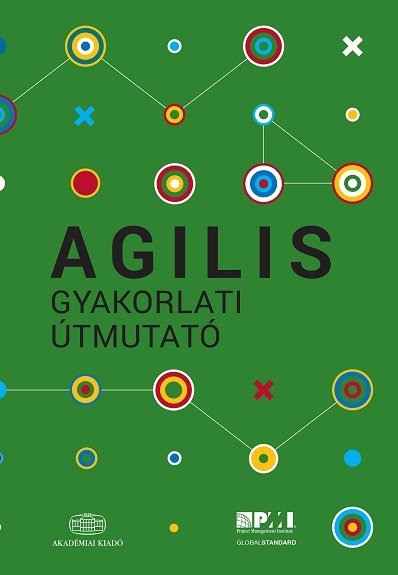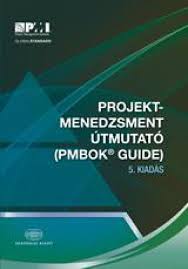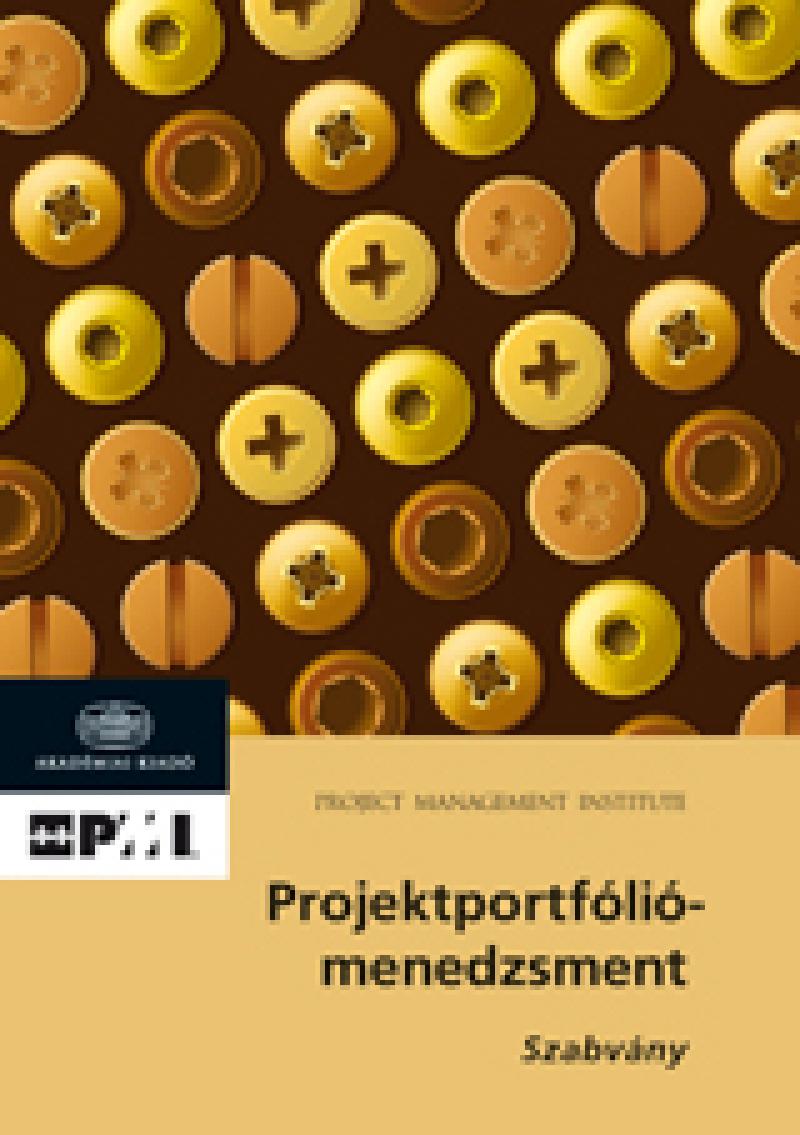PMI Budapest Chapter held its first PMPub in 2018 on 27th February in Szimplakert
Our guest was Martins Tamovics from AviAlliance GmbH who shared his experiences about aviation industry and his thoughts about what kind of challenges a project manager faces during the execution of airport projects.
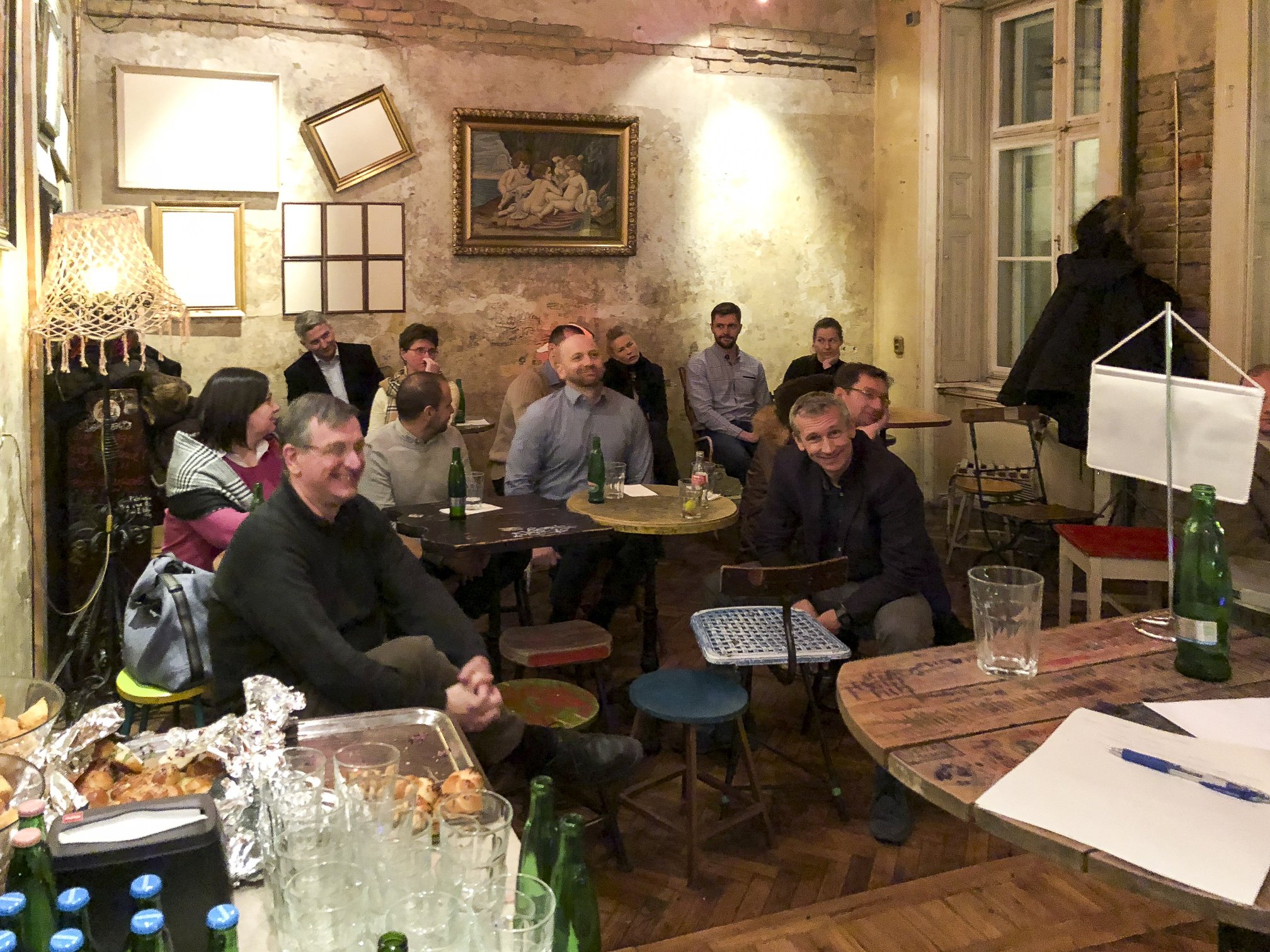
Martins was born in Latvia, has a degrees in transportation engineering (Technical University of Riga) and transportation systems (Technical University of Munich). He worked as a construction engineer and joined AviAlliance GmbH in 2013, which is the major shareholder of Budapest Airport. Within AviAlliance Martins has worked on various development projects at different airports worldwide, including Germany, Hungary, Albania, Switzerland, USA, Philippines and Russia.
Aviation is a rapidly growing and constantly changing industry. Only few decades ago air travel was a privilege for few. Airplanes were much smaller, but also heavier and required longer runways for take-off. Since then air travel has changed beyond recognition: planes have become larger and faster, there are more and more passengers served every year and the aircraft ground service times are reduced. Due to their size, the modern aircraft require more apron size and can transport more passengers on board. Beside all this impact on the airside areas; passenger terminal areas have been changed as well. Since security procedures have become vital topic of the industry, the passenger processing times have changed. Even the smallest security regulatory changes can increase the process times leading to more space demand and technical changes in a short time. Such project very often have limited execution times. To cope with these changes planning and rapid project execution capabilities are vital.
In airport operation project managers have to be prepared to react quick and deliver large scale project on a short schedule. At the airports, projects can be categorized in 4 levels:
- Operational needs: eg. buying liquids or detergents.
- Regular maintenance and operations: bigger, project-based procurements, like generator replacement etc.
- Projects with sudden business needs: often, the opportunity projects with very short delivery times. eg. to ensure a facility for interested tenant.
- Safety related projects: projects to ensure operational quality and safety eg. runway reconstruction or larger repairs.
Martins talked about factors that are very common in aviation / airport projects:
- Many times there is no classic project initiation phase: the project has to be started immediately by business decision.
- There are 10-15 stakeholders in bigger projects.
- Often, due to the scale and content, projects at airports are one of a kind, making initial estimates complicated. Many projects are scaled according to available funds or successful business case. In other cases, project approval can be based on operational needs and international project cost comparisons.
- Usually projects are managed by single project manager; planning and execution are sometimes lead by external project managers (and companies). Smaller projects or regular asset replacement projects are managed by in-house engineering team.
- Since airport industry is very US centric, PMBOK is used widely as PM methodology.
- Due to its fast nature, many projects must be “lead by the vision” – during project execution new decisions are made, there is a need for iteration, so the execution is quite close to agile method as well.
- Different directorates usually work isolated from each other and it is the task of the PM to communicate with these teams.
- Project manager should have the ability to control the “gap” between what an operations manager wants and what the project really needs.
- Operation of an airport undergoes continues change, therefore people are accustomed to change. It helps to react quickly to changes in a project as well.
- Also aviation industry feels the deficit of working people in Hungary, professionals as well as blue collar workers. This also translates in growing construction prices making execution of longer project more difficult.
Martins’ further advices for planning and execution of projects:
- In many cases, there is no time to plan everything in a very detailed way but it is very important to see the next steps of the project (plan your forthcoming weeks precisely and plan the forthcoming months on a higher level).
- Always track decisions. If there is something wrong going on in the project, you must inform and involve the management (1. I can fix it; 2. I need your help to fix it). We should be open with project sponsors. And we have to say “no” to the management requests, if it helps reaching the aim – as we work for the same goal.
- You have to have minimum 10% contingency in the project (if you are in the position to have contingency anyway). If there is insufficient budget, fix / reduce the scope if needed.
- Balance between time and budget (be agile in this way).
- Use PM templates: PMI offers you many PM related templates you can use and customize them in your projects. Ways of presenting information is important!
- Build your own network: Martins often consults with other professionals working at other airports on similar projects.
- Scope creep is dangerous in airport projects as well. Project manager must clearly state what is and what is not part of the project scope. The deadlines are very short in many cases and a clear scope definition can save a lot of headache later.
Martins really loves living and working in Budapest. As a negative aspect he mentions often negativity and low energy attitude of project team members and other professionals. In many cases he can hear “why an activity or task cannot be done” and often feels that people’s motivation is quite low.
Martins emphasized the importance of having a PMP credential; beside project experience he thinks that PMBOK is appropriate for organizing our project management study processes.
In the name of PMI Budapest Chapter we would like to thank Martins
for coming and sharing his thoughts in PMPub!
We would like to remind you that the next PMPub will be in May
and the Art of Projects 2018 conference will be on 8th November!




